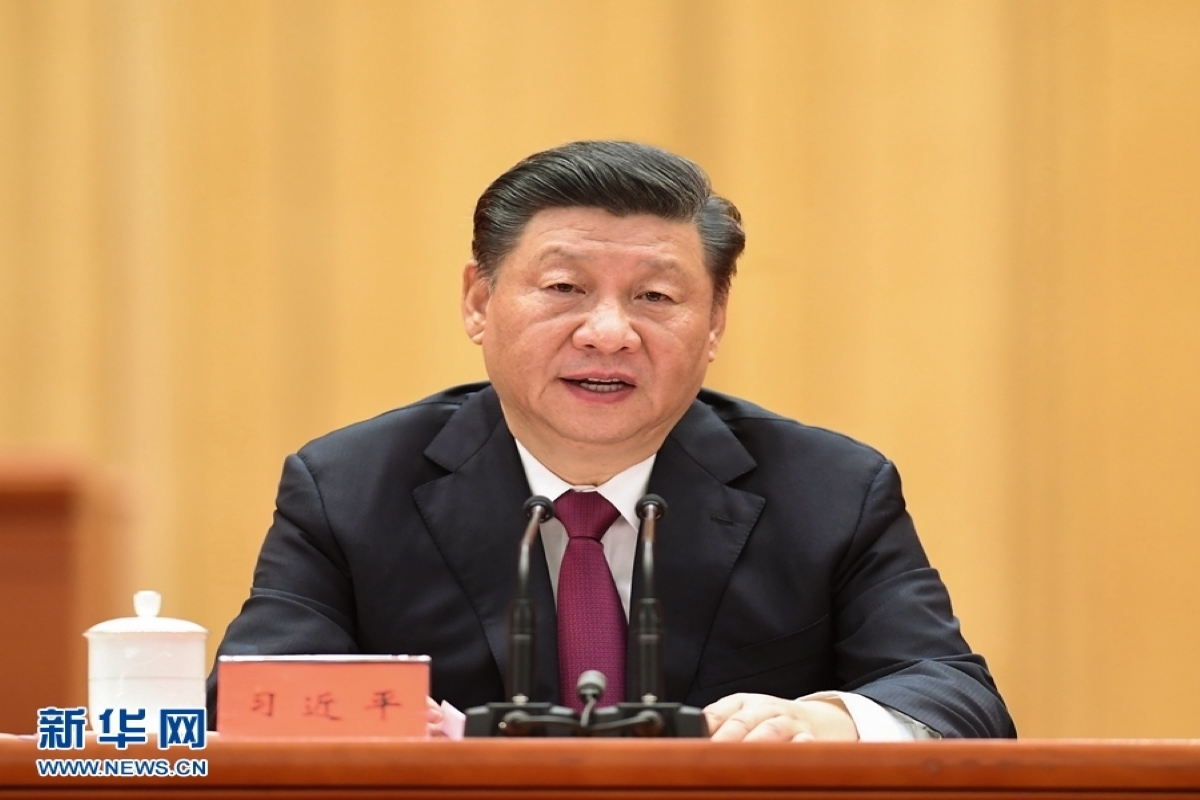At the upcoming Glasgow climate summit the spotlight will be on China, which is the world’s biggest emitter of greenhouse gas. (GHG).
The 13 day-long conference is scheduled to begin on October 31.
Fabien Baussart, writing in a blog post of The Times of Israel said that despite the country’s plans to become carbon neutral by 2060, its domestic coal production has nearly tripled since 2001.
Advertisement
If one draws a comparison between China on one hand and the US and Europe on the other hand, the amount of coal produced in the United States and Europe have roughly halved over this time, added Baussart.
China accounted for more than half of the 7.7 billion tonnes of coal produced globally in 2020, dwarfing the contributions of the next biggest producers (‘World’s biggest coal producers’).
While developed countries are trying to dilute the principle of equity by pushing developing countries to announce a target of net zero emissions by 2050.
The real pressure is on China which is expected to step up its targets to cut emissions ahead of the COPs 26 conference at Glasgow, said Baussart.
China has recently issued a grand statement saying they will not fund coal-based power plants abroad but they have not talked about closing down their own.
Beijing is the largest source of financing for coal power plants globally, and Chinese President Xi Jinping’s announcement will have a far-reaching impact on coal power expansion plans in countries like Bangladesh, Indonesia, Vietnam and South Africa, reported The Times of Israel.
The announcement makes it amply clear that existing projects will continue. There are more than 20 Chinese-financed coal-fired power units under construction in South Africa, Pakistan, Indonesia, Vietnam, Bangladesh, Zimbabwe, Serbia and United Arab Emirates, according to data from the Boston University Global Development Policy Centre. Another 17 are in the planning stage.
Moreover, China is one country that will occupy 30 per cent of the carbon budget between 2020 and 2030, said Baussart.
Researchers said that China has a long way from phasing out its massive domestic use of coal.
“China’s economy still relies heavily on coal,” says Ottmar Edenhofer, director of the Mercator Research Institute on Global Commons and Climate Change in Berlin. “Stopping coal finance abroad is an important step, but China is a long way from phasing out coal altogether.”
Further, China’s most ambitious Belt and Road Initiative (BRI) is causing a major environmental risk. European Foundation for South Asian Studies (EFSAS) has reported that BRI is causing significant environmental risks.
As per EFSAS, South Asia is amongst the main regions likely to be hit severely by the negative environmental impact of climate change, reported The Times of Israel.
The EFSAS said that BRI, which is clearly a developmental project for industrial growth, is likely to further intensify environmental degradation.
So China’s role is crucial to efforts on climate change as it produces 28 per cent of global emissions, compared with other countries like the UK’s with 1 per cent. China is now emitting more CO2 than all rich nations put together, according to some estimates, said Baussart.
